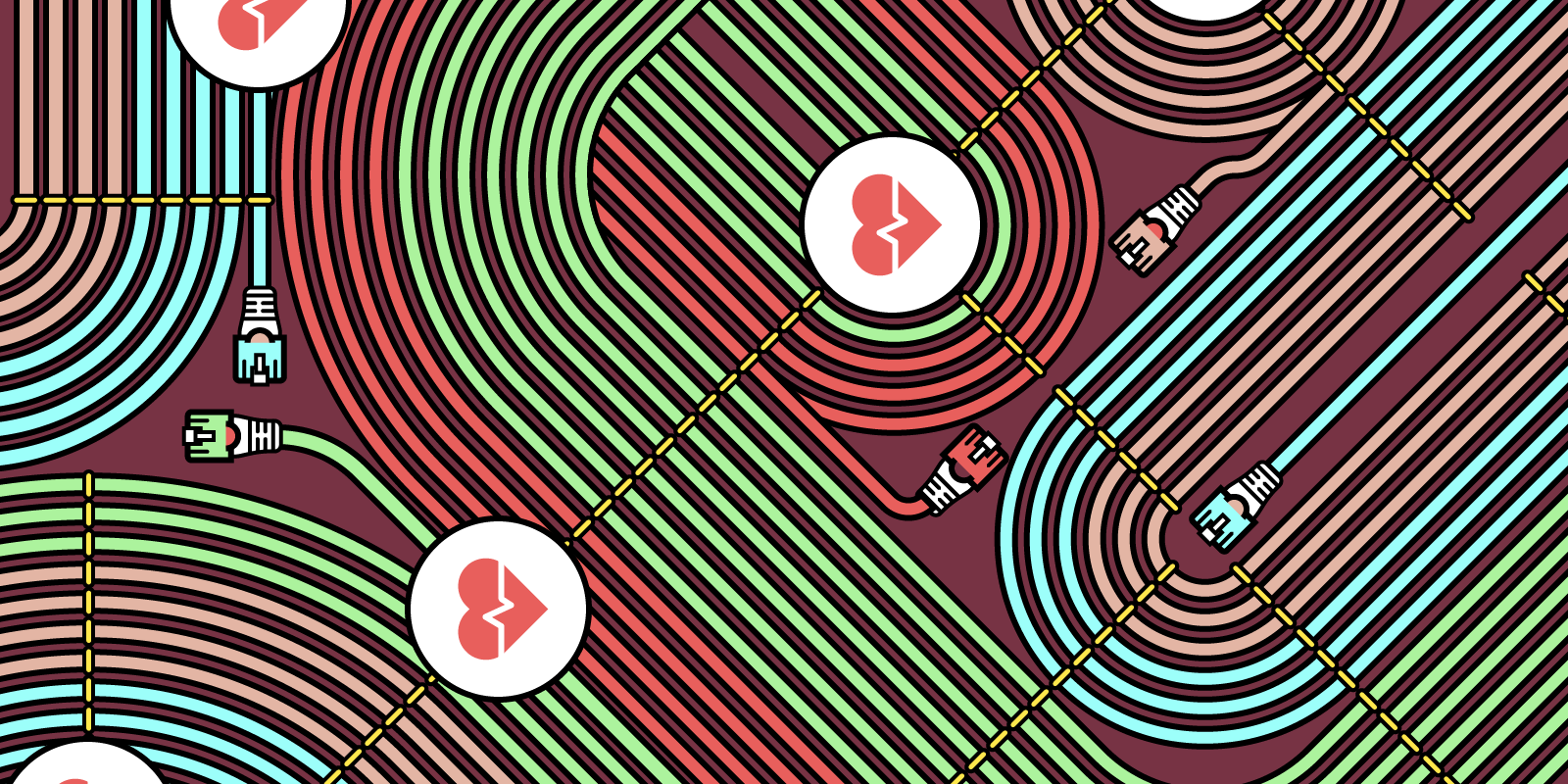Following a direct appeal by Access Now, the U.S. Department of Treasury is amending all existing internet communications general licenses (GLs) to ensure U.S. sanctions regimes do not negatively impact people’s ability to openly and securely access the internet in targeted countries. This is a major win for the digital rights of millions of people living under oppressive regimes such as in Syria and Russia.
If not properly tailored, broad digital sanctions can undermine social movements and civil society’s power to resist authoritarian actors through internet-based organizing and innovative uses of new and emerging technologies. The Treasury Department’s announcement is most welcome. Now, the burden falls on U.S. companies to comply, and extend key products and services to those who need them most.Peter Micek, General Counsel at Access Now
The Treasury Department’s announcement, timed for release during the second Summit for Democracy last week, follows the Department’s Office of Foreign Assets Control (OFAC) issuing Iran General License D-2 (GL-D2) in September 2022 to increase support for internet freedom in Iran by bringing U.S. sanctions guidance in line with the changes in modern technology. This allows U.S.-based companies to offer tools and services such as video conferencing, e-learning platforms, automated translation, web maps, and cloud services to people in Iran with confidence they are not breaking U.S. law. Access Now welcomed this move and followed with a letter to Treasury Secretary Yellen in October 2022 encouraging OFAC to update all general licenses regarding access to the internet and related information and communications technologies, applications, and services, to reflect the clear and expanded permissions of GL-D2. As the letter stated:
This presents a vital opportunity to “raise the floor” and urgently extend essential tools to vulnerable and marginalized individuals and communities like dissidents, independent journalists, and democratic actors in authoritarian and closed countries and regions.
Counterproductive sanctions further isolate people — including activists, human rights defenders, and civil society actors — in countries with oppressive governments like Russia and Iran from the free flow of information and ideas. Sanctions, from their development to issuance, review to withdrawal, must be more transparent, informed by the most vulnerable and marginalized, and aligned with the principles of necessity, proportionality, and legality.Natalia Krapiva, Tech-Legal Counsel at Access Now
Access Now continues to call on U.S. companies — the tech sector, financial institutions, and other transaction processors — to comply with and implement these new licenses, and urges regulators in the UK and EU to issue similar licenses and updates to their sanctions regimes.
